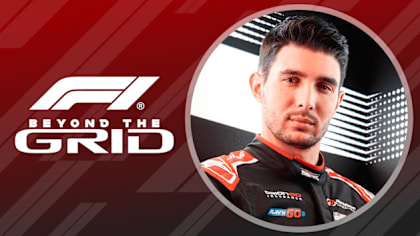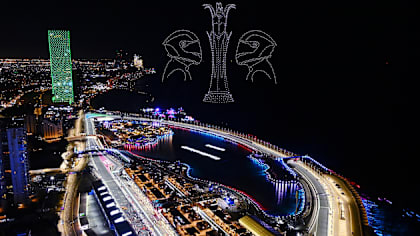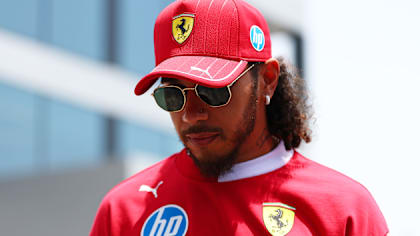
News
FIA explain key decisions during Qatar Grand Prix including Safety Car deployment and Norris’s penalty
Share

The FIA have shared details of the reasoning behind some of the key decisions made during the Qatar Grand Prix, an eventful race that saw numerous penalties handed out – including a 10-second stop/go for Lando Norris – as well as three Safety Car deployments.
Following the event, further information has been given regarding three incidents in particular.
Why was the Safety Car not deployed when there was a wing mirror on the track?
It was spotted on Lap 30 of 57 that a wing mirror had fallen onto the track on the main straight, with replays later showing that it had come from the Williams of Alex Albon. A few laps later, Valtteri Bottas ran over the wing mirror, resulting in debris scattering around the area.
Carlos Sainz and Lewis Hamilton then both picked up punctures, forcing them to limp back to the pits. The Safety Car was subsequently deployed while the debris on the main straight was cleared.
2024 Qatar Grand Prix: Safety Car out after punctures for Hamilton and Sainz on the same lap
The FIA said of this decision: “Normal practice is for the Safety Car not to be deployed if there is a small amount of debris, and off the racing line.
“The extensive debris after a car hit the mirror and the punctures that occurred shortly after forced the decision on a Safety Car.
“A VSC [Virtual Safety Car] would not have been a solution, as the cars remain spread-out and there is not sufficient time for a marshal to clear the debris.
“The FIA constantly reviews its methods and processes and will analyse further the specific scenario, and discuss it with the teams, in order to see whether in the future a different course of action needs to be taken.”
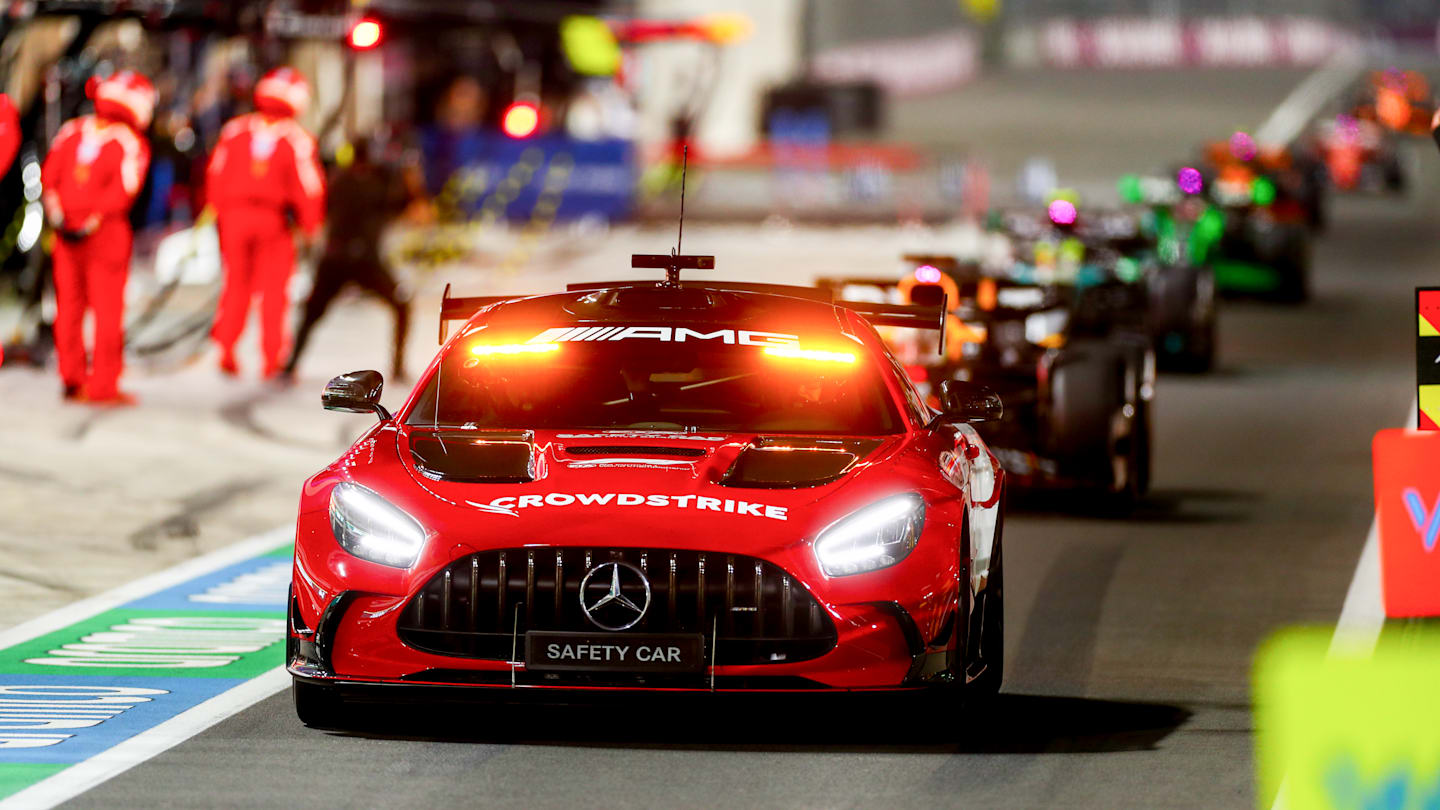
The Safety Car made three appearances during the race
Why did Norris receive a 10-second stop/go penalty?
Prior to the Safety Car being deployed on that occasion, double yellow flags were waved on the main straight. This led to Norris being investigated for failing to slow under double waved yellow flags.
The McLaren driver was subsequently handed a 10-second stop/go penalty for the offence, as well as receiving three penalty points on his licence.
On this, the FIA said: “The penalty was in accordance with the penalty guidelines circulated to the teams on 19 February 2024.
“A double yellow flag infringement is considered a serious compromise of safety, which is why such offences carry such a severe penalty.”
2024 Qatar Grand Prix: The yellow flags moment that earned Norris a 10 second stop/go penalty
What happened with the Safety Car lights during its second appearance?
When the Safety Car was deployed for its second appearance of the event, the lights on the car appeared to malfunction at the restart.
This was later confirmed by the FIA, who stated: “During the second Safety Car period, the lights malfunctioned.
READ MORE: Verstappen delighted with Qatar GP victory as he praises team after rollercoaster weekend
“All teams were verbally advised that the SC would be coming in, so the restart took place in the normal fashion.
“While the reason for the malfunction was identified and fixed, out of caution, the Safety Car was swapped in time for its third deployment.”
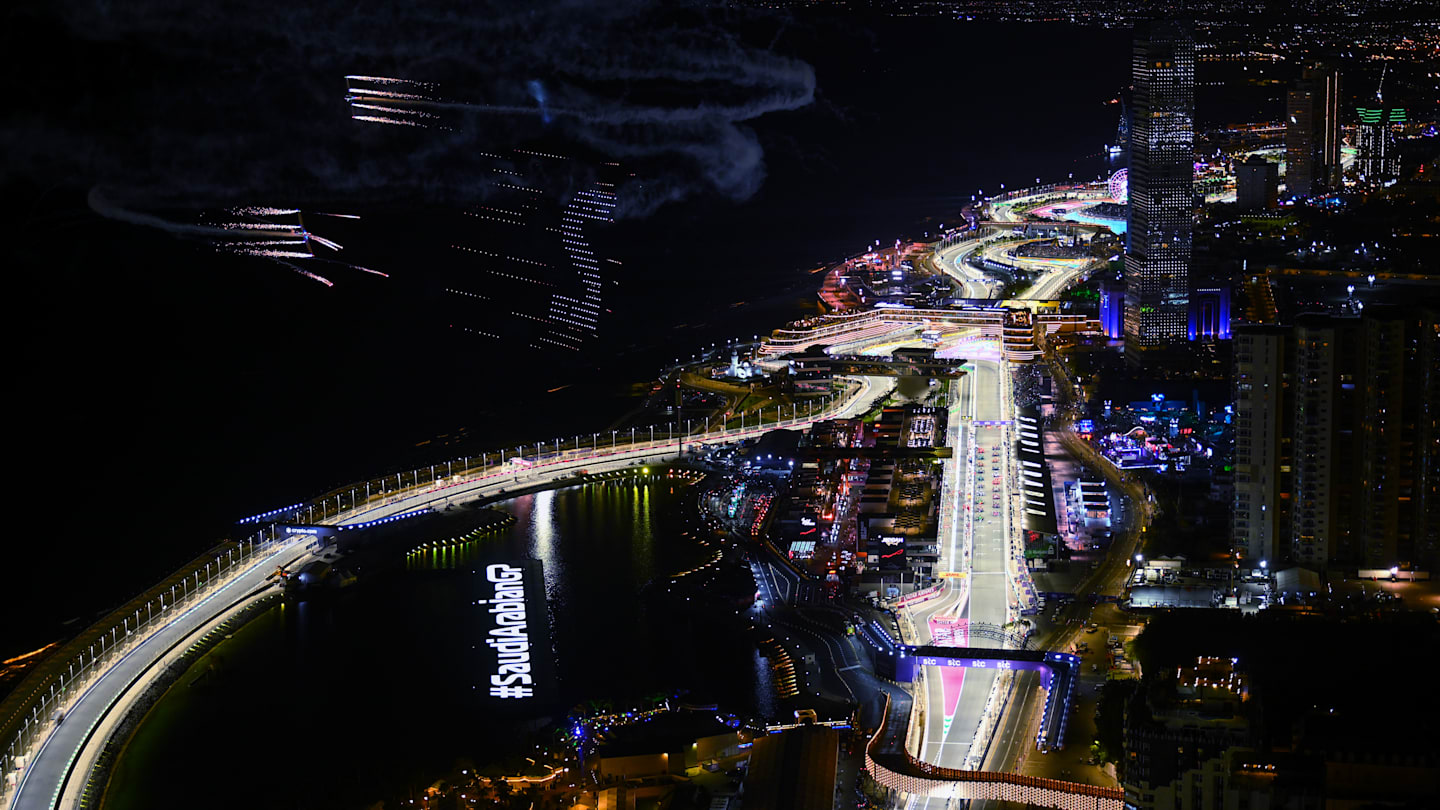
RACE TICKETS - SAUDI ARABIA
Don't miss your chance to experience the fastest street circuit in Formula 1...
YOU MIGHT ALSO LIKE
Podcast BEYOND THE GRID: Esteban Ocon on why he’s feeling at home with Haas
Feature SAUDI ARABIAN GRAND PRIX – Read the all-new digital race programme here
Feature ‘Where dreams are born’ – Sebastian Vettel on his Race4Women event, his grassroots mission and guiding female racers in Saudi Arabia
News ‘It’s not impossible’ – Hamilton expands on key area he’s looking to work on to get to grips with Ferrari car

